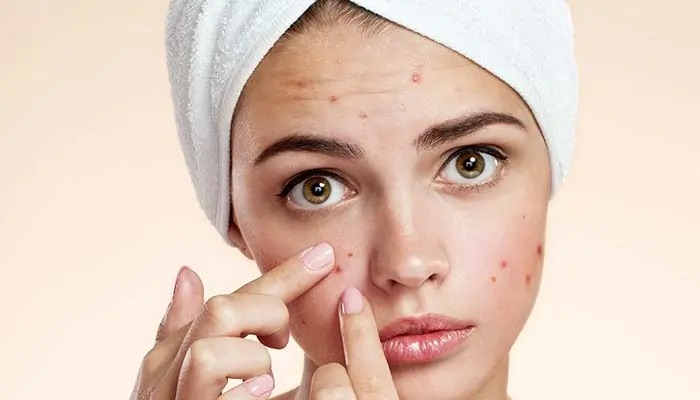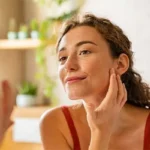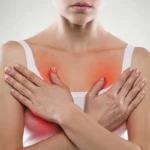Advertisement
Chemical Remedies for Acne
Chemical treatments are often more potent and can provide faster results compared to natural remedies. Here are some common chemical treatments for acne:
Benzoyl Peroxide
Benefits
Benzoyl peroxide is an effective antibacterial agent that kills P. acnes bacteria. It also helps remove excess oil and dead skin cells.
How to Use
- Choose the Right Concentration: Benzoyl peroxide comes in various concentrations (2.5%, 5%, and 10%). Start with a lower concentration to minimize skin irritation.
- Apply to Affected Areas: Apply a thin layer to the affected areas once or twice daily.
- Moisturize: Follow up with a moisturizer to prevent dryness.
Salicylic Acid
Benefits
Salicylic acid is a beta hydroxy acid (BHA) that exfoliates the skin, unclogs pores, and reduces inflammation.
How to Use
- Use a Cleanser or Treatment Gel: Salicylic acid is available in cleansers, toners, and treatment gels.
- Apply to Skin: Use as directed, typically once or twice daily.
- Avoid Overuse: Overuse can cause dryness and irritation.
Retinoids
Benefits
Retinoids are derivatives of vitamin A that promote cell turnover and prevent clogged pores. They are highly effective for treating both acne and acne scars.
How to Use
- Start with a Lower Strength: Begin with a lower-strength retinoid (such as adapalene) to minimize irritation.
- Apply at Night: Apply a small amount to clean, dry skin at night.
- Use Sunscreen: Retinoids can increase sun sensitivity, so use sunscreen during the day.
Alpha Hydroxy Acids (AHAs)
Benefits
AHAs, such as glycolic acid and lactic acid, exfoliate the skin and help remove dead skin cells. They can improve skin texture and reduce the appearance of acne scars.
How to Use
- Choose an AHA Product: AHAs are available in cleansers, toners, and serums.
- Apply to Skin: Use as directed, typically once or twice daily.
- Start Slowly: Introduce AHAs gradually to avoid irritation.
Antibiotics
Benefits
Topical and oral antibiotics can help reduce inflammation and kill acne-causing bacteria. They are often used in combination with other treatments.
How to Use
- Consult a Doctor: Antibiotics should be prescribed by a healthcare provider.
- Follow Prescription Instructions: Use the medication as directed to avoid antibiotic resistance.
Hormonal Treatments
Benefits
Hormonal treatments, such as oral contraceptives and anti-androgen medications, can help regulate hormone levels and reduce acne.
How to Use
- Consult a Doctor: Hormonal treatments should be prescribed by a healthcare provider.
- Follow Prescription Instructions: Take the medication as directed.










